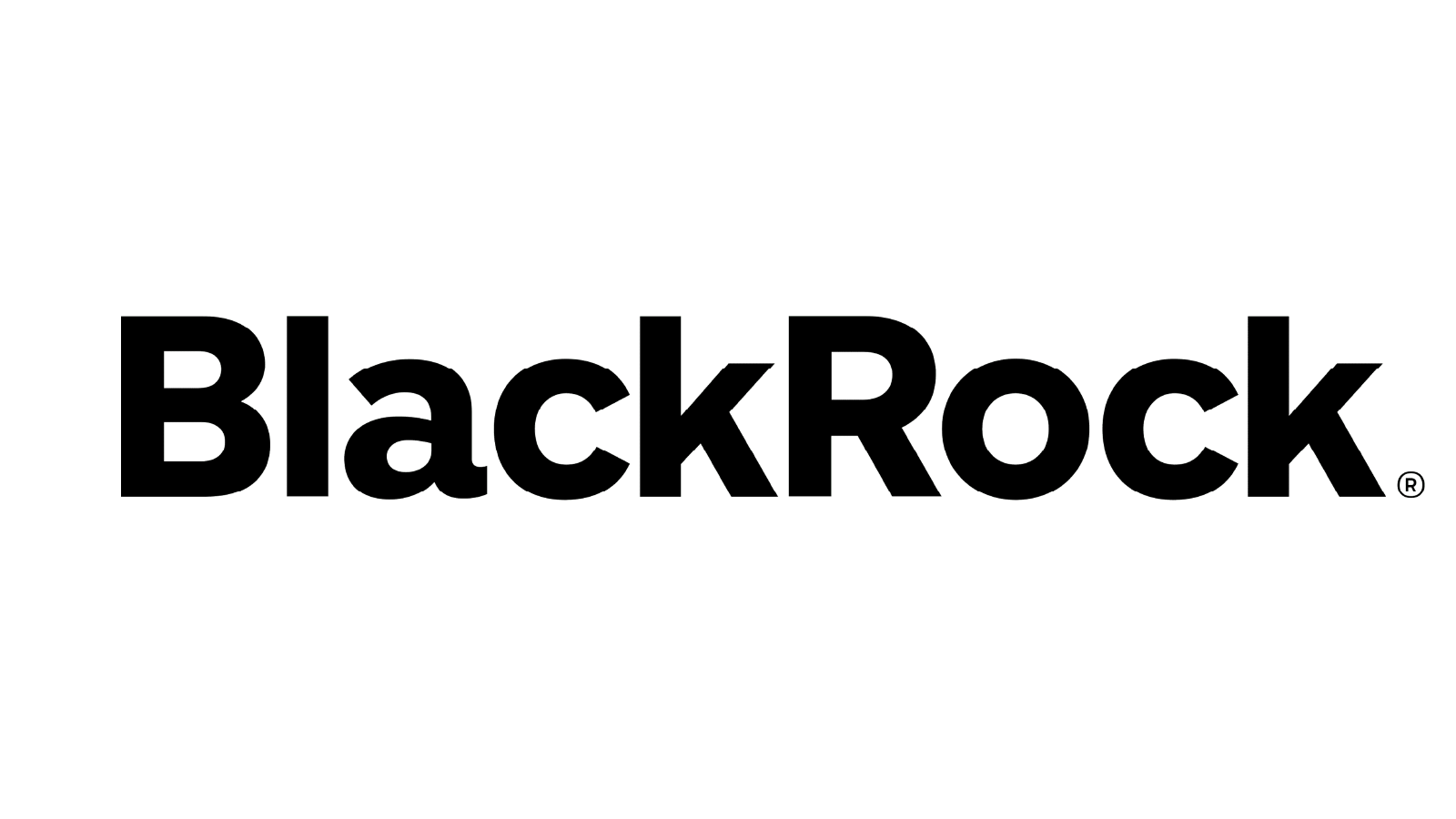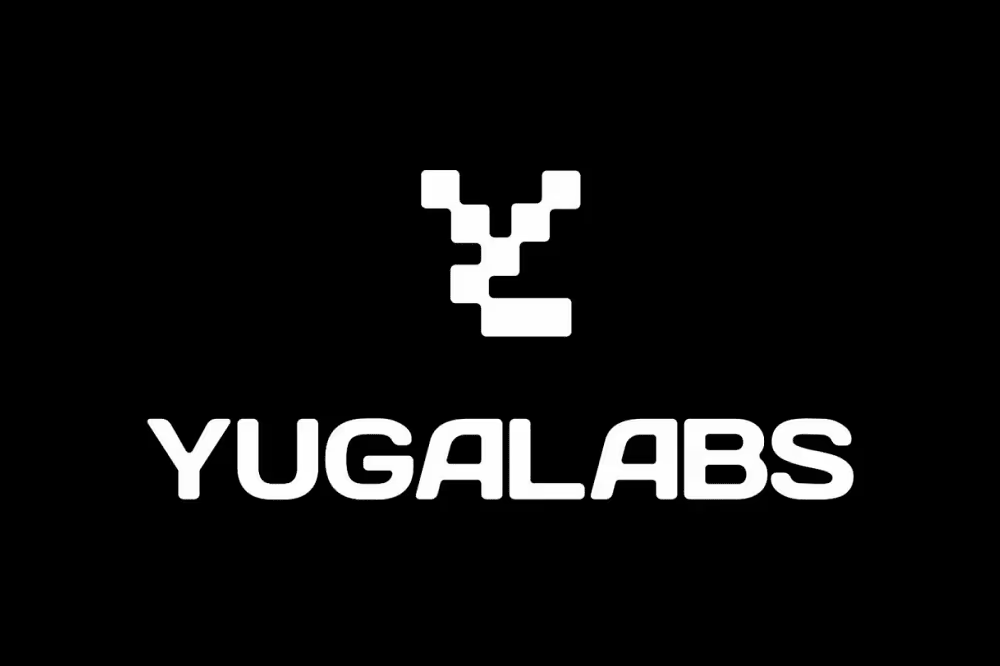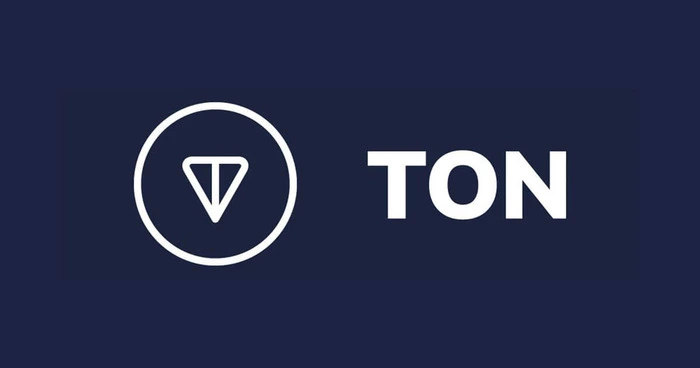- BlackRock’s push to expand its crypto offerings has sparked a clash with the SEC over Cardano’s recent blockchain upgrade and staking features.
- The outcome could redefine how institutional investors engage with regulated digital assets.
Tensions are heating up between Wall Street giant BlackRock and the U.S. Securities and Exchange Commission (SEC) over the latest developments in the Cardano blockchain. As Cardano undergoes a significant technological pivot, its enhanced smart contract capabilities and staking features are drawing intense regulatory scrutiny—especially from the SEC, which sees these updates as potentially shifting the network’s classification under securities law.
BlackRock, which has been accelerating its crypto ambitions, is now pushing back. The investment titan formally requested a meeting with the SEC’s Crypto Task Force to discuss the regulatory future of staking and the viability of crypto-based Exchange-Traded Products (ETPs) with staking components. This move signals BlackRock’s intent to shape the policy conversation and carve out space for institutional crypto offerings in an increasingly hostile environment.
Also read: Metaplanet Beats El Salvador in Bitcoin Holdings, Aims for 10,000 BTC by 2025
“BlackRock’s crypto strategy is facing direct challenges from the SEC,” said a source close to the matter. “Their focus on Cardano reflects broader concerns about how new blockchain innovations may fit—or not fit—within existing financial regulations.”
Cardano’s recent upgrade has caught the attention of regulators due to its improved security protocols and smart contract enhancements, which could enable more complex financial products. That evolution is reshaping how federal agencies evaluate the blockchain’s role in the crypto ecosystem, with Cardano now being a key case study in the wider debate on decentralization and consumer protection.
In a related statement, Congressional representatives addressed the growing urgency for crypto regulation, particularly concerning stablecoins and investor safeguards:
“It is critical for Congress to work in a bipartisan fashion to create a regulatory framework… the absence of regulation leaves consumers unprotected and vulnerable.”
The implications of this clash are significant. If the SEC maintains a hard line on Cardano and staking-related offerings, it could limit how far institutional players like BlackRock can go in building out crypto products. Conversely, a negotiated path forward may unlock a new era of regulated institutional involvement in blockchain finance.
As both sides dig in, the crypto industry—and its investors—watch closely. The outcome could reshape the balance of power between regulators, developers, and financial giants in the digital asset world.




